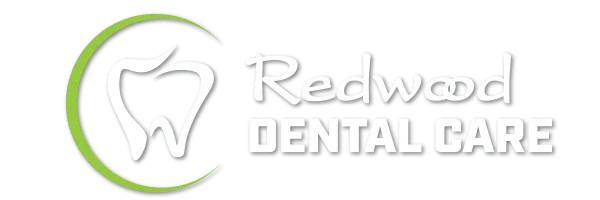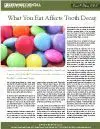
Treating cavities early is important. If you don’t, you may eventually need a root canal instead. To prevent cavities, practice good oral hygiene. That means brushing, flossing, using a mouthwash that kills bacteria, and visiting the dentist twice a year to have your teeth checked and cleaned. The dentist can also apply special sealants or varnishes to your teeth if good oral hygiene is not enough, or to help children who are still learning what it means to brush thoroughly and gently. Good saliva production also helps, because saliva neutralizes the acid and helps cleanse your mouth.
It’s important to protect your children against tooth decay from their earliest years, or they may have problems later with their baby teeth and, in turn, their adult teeth. Don’t allow a baby to fall asleep while nursing a bottle, and move to sippy cups at an early age, too. Finally, be aware of the warning signs of tooth decay. If your teeth are sensitive to extreme temperatures in water or food, if there is pain in a tooth or around the gum line, and if any teeth change color, be prompt about scheduling an appointment with the dentist.


